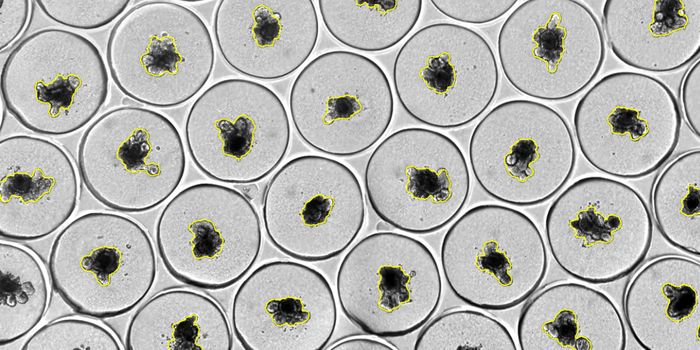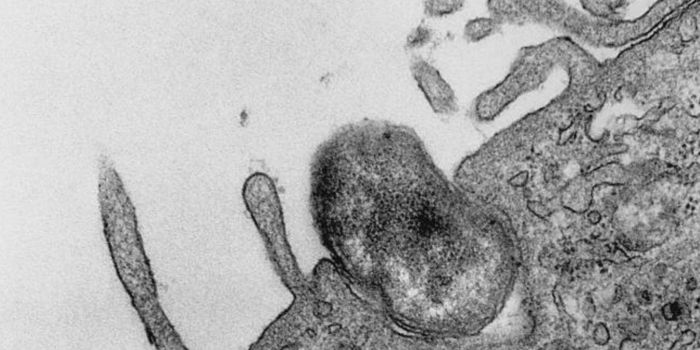Doctors, watch out for unexpected side effects in small clinical trials
Doctors who have patients in small-sized clinical trials that test new cancer drugs should be on the look-out for unexpected side effects suggests new research with was published recently in the journal Frontiers in Oncology. Led by medical oncologist, Tejas Patil, MD, and trauma surgeon, Lisa Ferrigno, MD, MPH, FACS, the published case series highlights an emerging trend in oncological clinical trials and warns physicians to be extra alert.
"You have drugs getting out onto the market with fewer numbers involved in terms of testing, so the lay of the land with adverse effects might not be completely hashed out. There are not many people who have taken the drug," explains Ferrigno.
When Patil and Ferrigno first noticed an unanticipated side effect occurring in their patients with lung cancer in a University of Colorado Cancer Center clinical trial, they were surprised. The trial was with the drug osimertinib (Tagrisso), which has shown success as a genetically targeted anti-cancer drug. But what the physicians noticed in their patients was a rare twist in the right side of their colons, a condition known as cecal volvulus
"When your first patient has it, you just think it's a one-off. Then you see it again and see it again, and once you get to your third patient, you start to think it's a pattern. We noticed all these patients were getting the same dose of osimertinib, and it prompted me to think it's not one-off, but a dose-exposure relationship," says Patil.
Interestingly, the doctors noticed that only patients treated with 160mg doses who developed this possible side effect, while those treated with 80mg doses of osimertinib did not.
"Studies show 160mg is a pretty reasonable dose for osimertinib in many cases, so we expect to see this dose used even more, maybe leading to more of this kind of side effect. That's why it's important to start noticing these observations now," Patil says.
Their observations about this case series serve as an alarm signal for other clinical trials that test drugs on small populations of patients. As Eureka Alert reports, “Smaller studies reduce the likelihood of seeing rare side effects; and so it may fall on clinicians using these drugs after FDA approval to notice medication side effects that went undetected during clinical trials.”
Sources: Frontiers in Oncology, Eureka Alert









